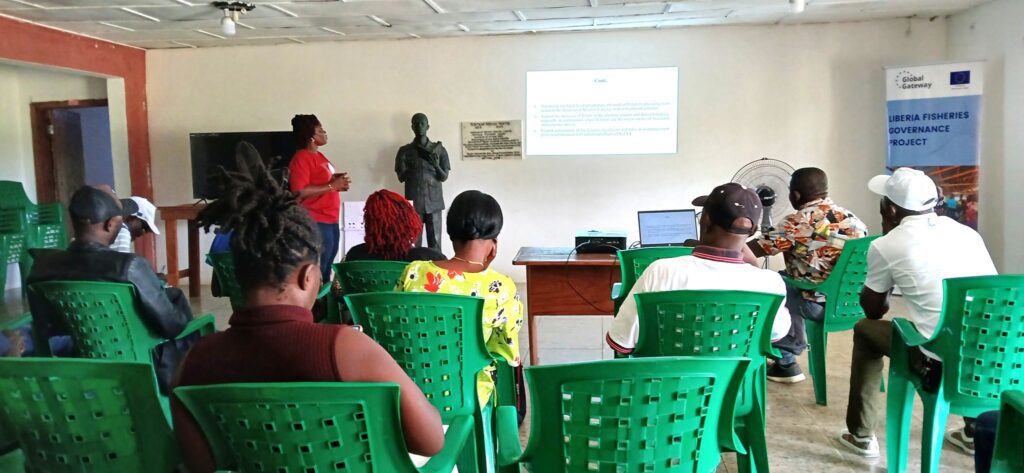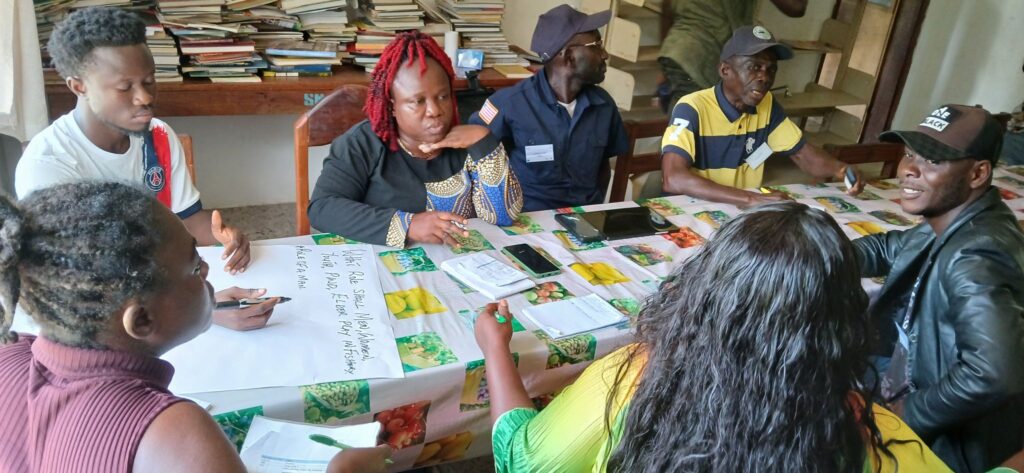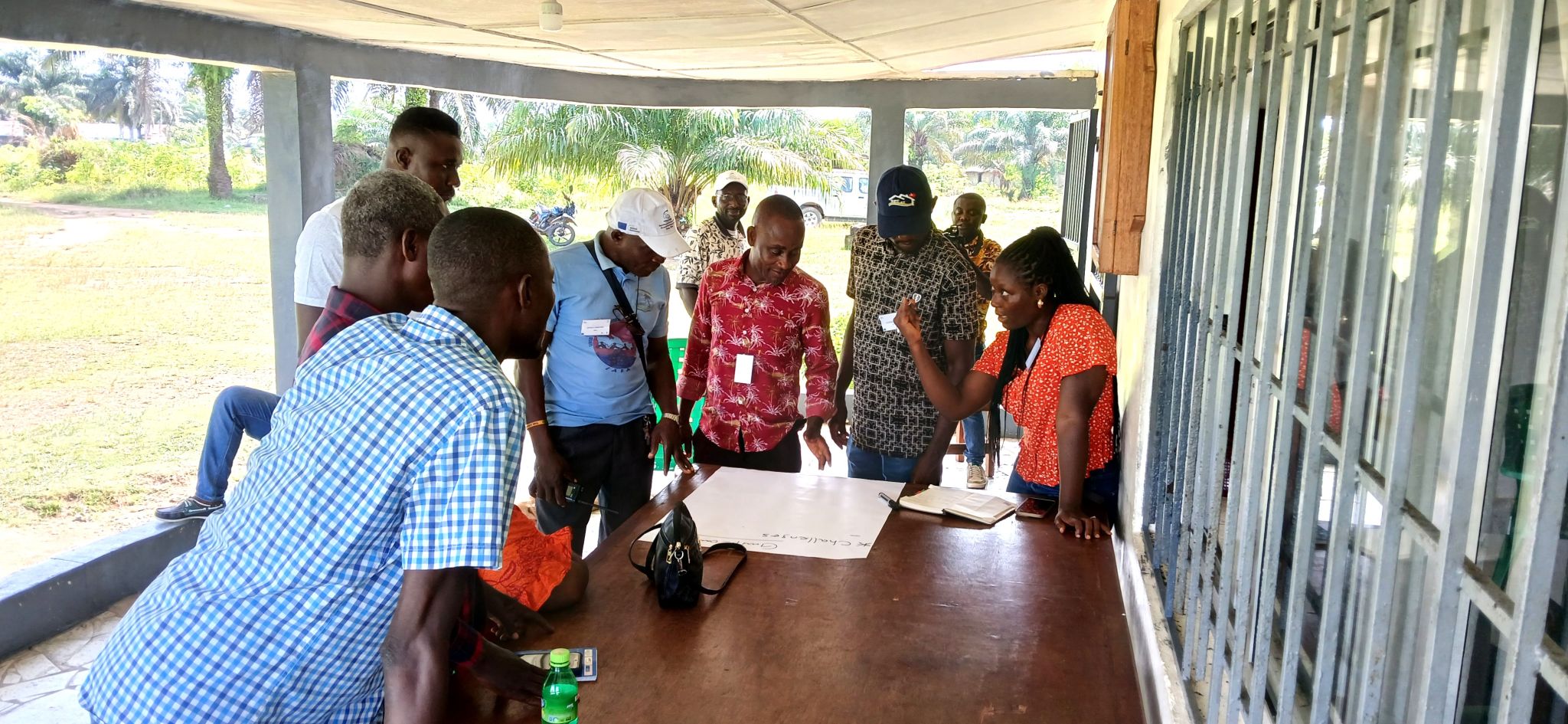The EU-funded Liberia Fisheries Governance Project (LFGP), in collaboration with the National Fisheries and Aquaculture Authority of Liberia (NaFAA), successfully concluded a three-day Training of Trainers (ToT) session for local civil society organizations (CSOs). This training was a crucial step toward promoting inclusive fisheries resource governance through the Collaborative Management Association (CMA) model.
 The session provided CSOs with a comprehensive understanding of the CMA approach, highlighting its benefits in fostering sustainable fisheries management. Participants were trained in practical skills for engaging fisherfolk and other key stakeholders in collaborative governance processes, equipping them with the knowledge needed to drive community participation. Additionally, the training emphasized strategies for promoting gender equity and inclusion within CMA structures.
The session provided CSOs with a comprehensive understanding of the CMA approach, highlighting its benefits in fostering sustainable fisheries management. Participants were trained in practical skills for engaging fisherfolk and other key stakeholders in collaborative governance processes, equipping them with the knowledge needed to drive community participation. Additionally, the training emphasized strategies for promoting gender equity and inclusion within CMA structures.
 Building on this capacity enhancement, the project will harness the strengthened competencies of local CSOs to create awareness and mobilize fishing communities in Sinoe County, Liberia. These organizations will play a pivotal role in sensitizing fisherfolk about the CMA concept, fostering buy-in, and facilitating the formation of a functional CMA.
Building on this capacity enhancement, the project will harness the strengthened competencies of local CSOs to create awareness and mobilize fishing communities in Sinoe County, Liberia. These organizations will play a pivotal role in sensitizing fisherfolk about the CMA concept, fostering buy-in, and facilitating the formation of a functional CMA.



